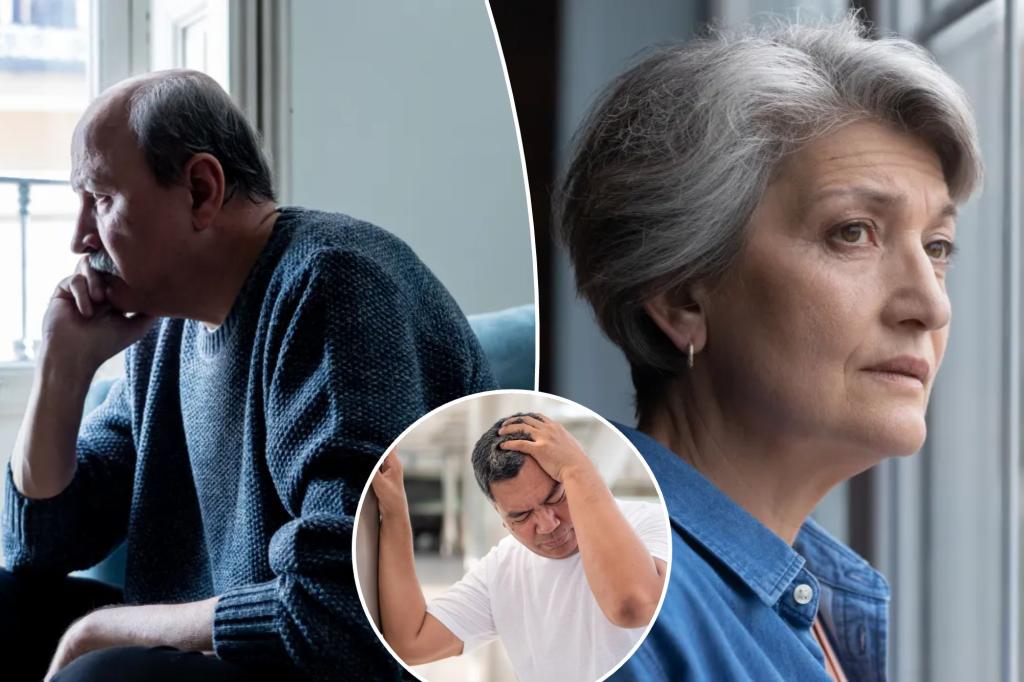
Older adults who experience chronic loneliness face a 56% higher risk of stroke than those who are not lonely, according to a new study from the Harvard TH Chan School of Public Health.
General surgeon Dr. Vivek Murthy drew attention last year to a nationwide epidemic of loneliness and social isolation, warning that a lack of social connection increases the risk of premature death by more than 60%. Now, Harvard researchers say they are among the first to explore the link between changes in loneliness and stroke risk over time.
The study authors had 12,161 adults age 50 and older who had never had a stroke share information about their loneliness. Four years later, the 8,936 people still participating in the study answered the same questions.
They were divided into four groups based on both scores – “persistently low” (those who twice scored low on the loneliness scale); “redemption” (those who scored high the first time and low the second time); “recent onset” (those who initially scored low and high at follow-up); and “consistently high” (those who scored well both times).
During the eight-year follow-up period, 601 strokes were recorded among 8,936 participants. Stroke is the fifth leading cause of death in the US.
The researchers found that the “consistently high” loneliness group had a 56% higher risk of stroke than the “consistently low” group.
Those in the other two groups – “remitted” and “recent onset” – did not have a high risk of stroke. Researchers suggest that the effect of loneliness on stroke risk occurs in the longer term.
The findings were published Monday in eClinicalMedicine.
“Repeated assessments of loneliness may help identify those who are chronically lonely and therefore at a higher risk for stroke,” said lead author Yenee Soh, a research associate in the Department of Social Sciences and of Conduct. “If we fail to address their feelings of loneliness, on a micro and macro scale, there can be profound health consequences.”
Soh emphasized that loneliness and social isolation are not the same. Harvard researchers have clarified that social isolation is a lack of human contact or meaningful relationships, while loneliness is feeling alone because your relationships are not meeting your need for connection.
Soh’s team hopes that additional research will shed light on how the association between loneliness and stroke works.
- Reach out to a friend or family member every day
- Don’t be distracted during family time and important conversations
- Participate in community service
- Find a new hobby or join an organization
- Be supportive of others
- If you need help, contact a family member, friend, counselor, health care provider or crisis line 988
#Chronically #lonely #adults #face #higher #risk #stroke #study
Image Source : nypost.com
